Germany's politicized legal system tore my life apart: Falsely convicted ex-inmate
My life was torn apart and my mentally-challenged child was separated from me in an unfair trial by the unjust German legal system, said a former Iranian student activist and businessman falsely convicted of accessory to murder and originally sentenced to life imprisonment in Germany during an interview with Press TV.
The victim of Germany's politicized and biased legal system, Kazem Darabi further recounted the mental and physical abuse he experienced in the more than 15 years he spent in German prisons -- including five years in solitary confinement -- after being falsely accused, without evidence, of aiding perpetrators of a 1992 fatal shooting incident in Berlin.
Darabi emphasized on Press TV's Face to Face news show with Marzieh Hashemi that German prosecutors had accused him of involvement in the so-called Mykonos restaurant assassination attack on a number of anti-Iran Kurdish figures merely for being an active member of Germany's Islamic community and an outspoken supporter of the 1979 Islamic Revolution in Iran.
According to Darabi, on the day of the incident, he was not even in town, but as a result of a complex scheme by anti-Iranian elements in Germany and German authorities, he was eventually falsely blamed for the shooting incident.
He said every few months prison officials would change his cell which would add to the psychological stress.
"They did this to me about 20 times," he said, adding that in prison he was also being subjected to psychological torture, what is referred to today as "white torture".
Darabi said my courtroom had turned into a political stage for anti-Iran opposition forces as they tried to exploit the situation and take advantage in attempts to use me in a prisoner swap to free their agents in Iran.
The case was then an international diplomatic row between Germany and other European countries against Iran. Ambassadors from several countries and high-level government officials were involved in the court events, he said.
In two books, Coffeehouse Painting and Mykonos Phantom, all the events and memories from my time in prison have been gathered.
He said the German justice system claims to be fair and just; however, they unjustly convicted me based on false testimonies by anti-Iran elements, including the deposed ex-Iranian president Abolhassan Banisadr, without having any solid evidence.
"Nobody, not even Banisadr, presented any positive evidence to the court," Darabi insisted.
Also, the German judiciary took my mentally and physically challenged daughter and separated her from the family, illegally and inhumanely handing her over to a German family instead.
Despite urging the German judicial system to show compassion, he has been denied any information about his daughter.
After 15 years of legal battles and irreparable psychological damage to him and his family due to the unjust treatment he received, Darabi was finally released and immediately deported to Iran on December 10, 2007.

Germany unlocks €3bn for Ukraine as EU aid plan flounders
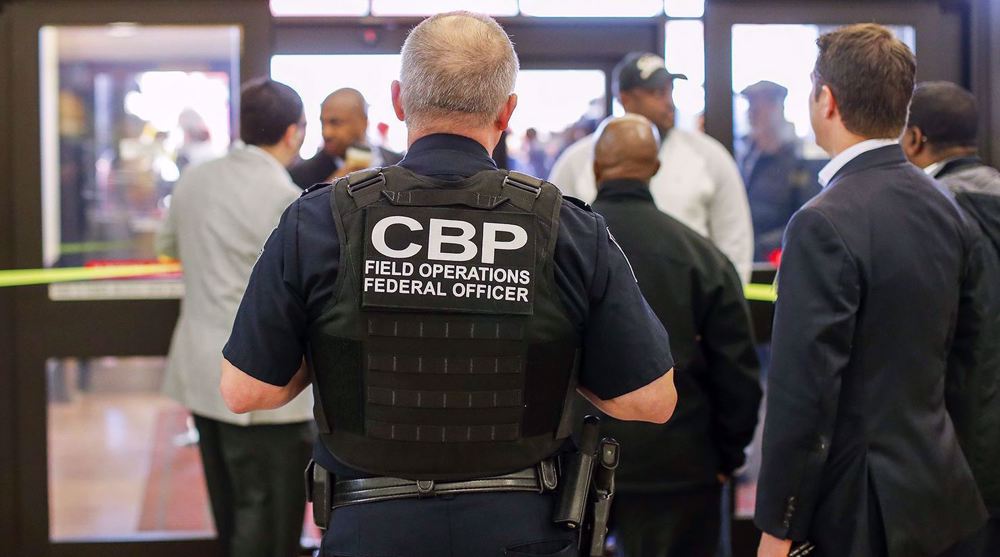
UK, Germany issue 'travel warning' for US amid increased detentions, deportations
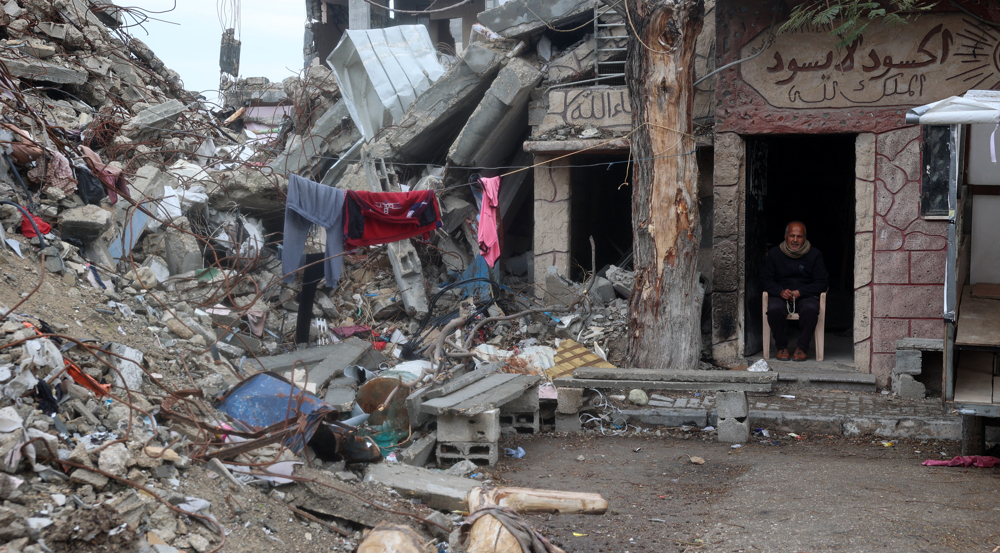
Defying US scheme, European powers back Arab reconstruction plan for Gaza
Nearly 20 killed as Nigerian forces attack Quds Day demonstration in Abuja
Oscars faces backlash for failing to support Israeli-abducted Palestinian filmmaker
‘Full-fledged war crime’: Hamas slams Israeli strike on civil defense teams in Rafah
VIDEO | Karachi holds Pakistan’s largest Quds Day rally in solidarity with Palestine
VIDEO | Lebanon marks al-Quds Day in light of Israeli aggression
European preparedness strategy
VIDEO | Press TV's news headlines
Israeli military admits to firing on ambulances in Gaza


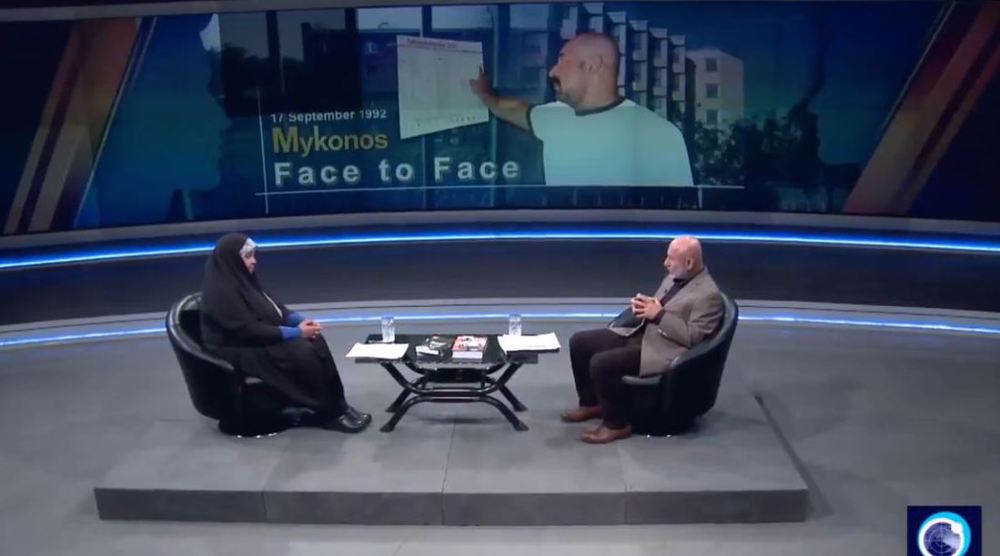
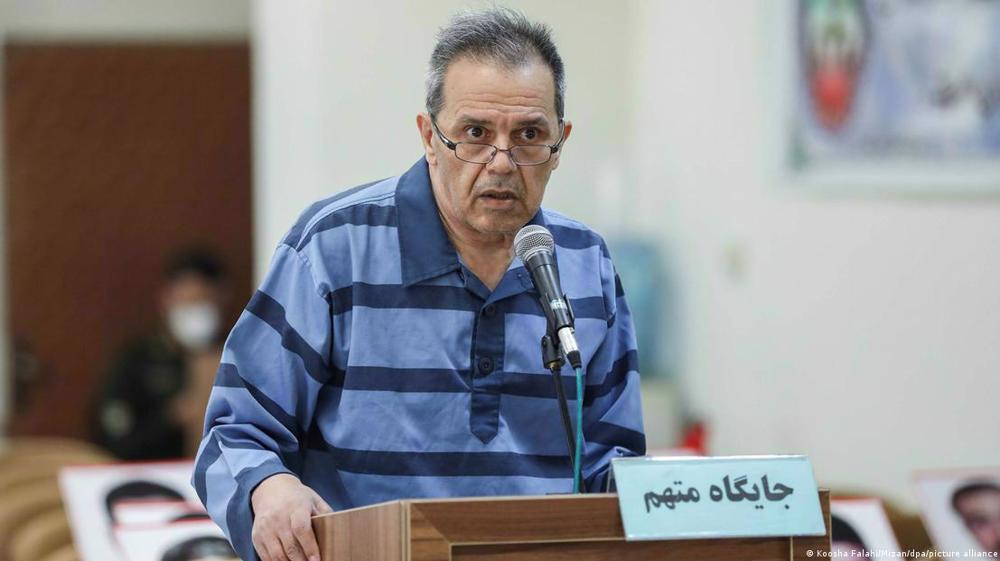
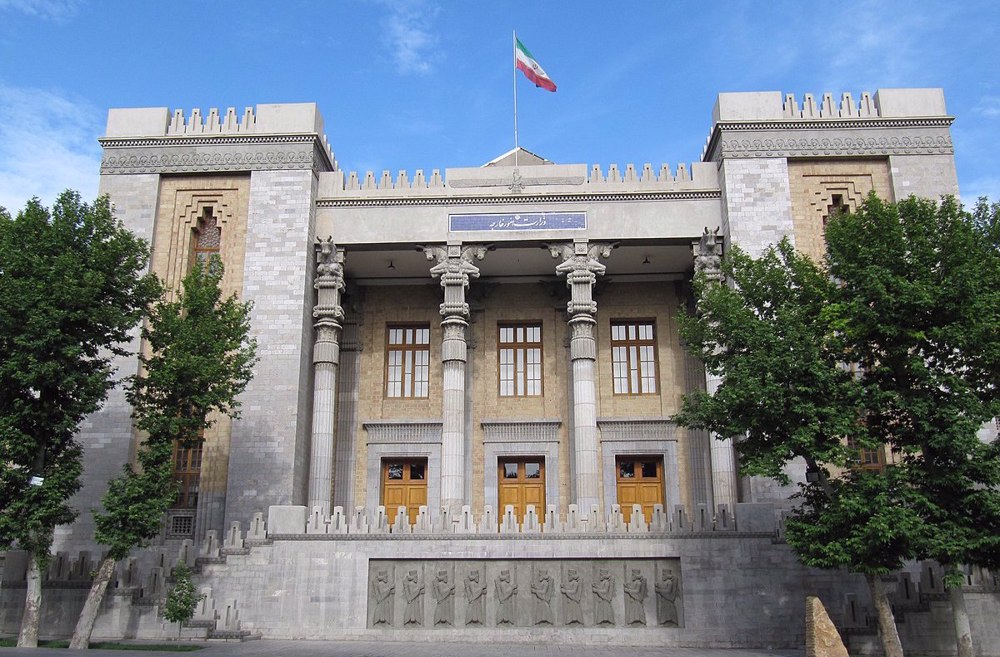
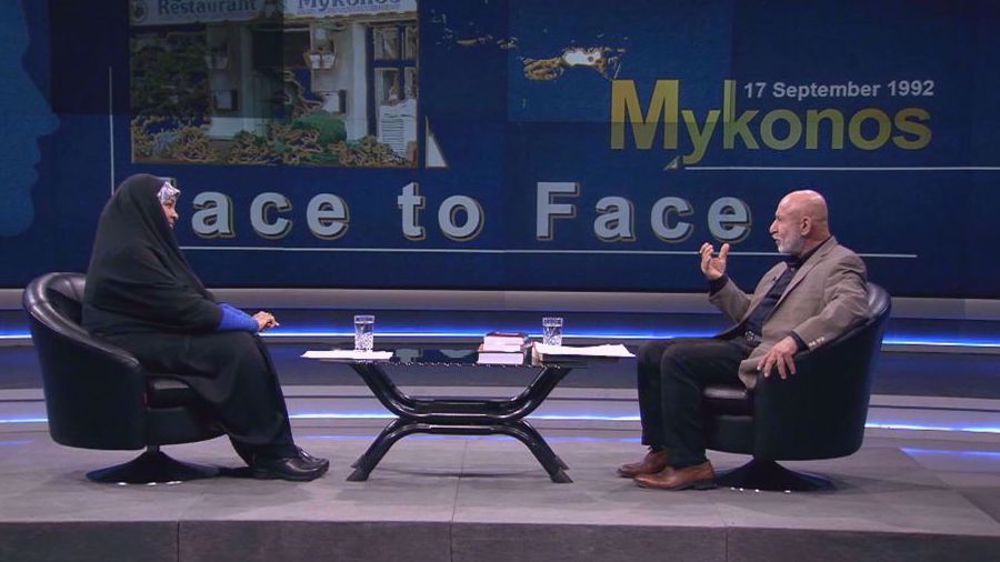



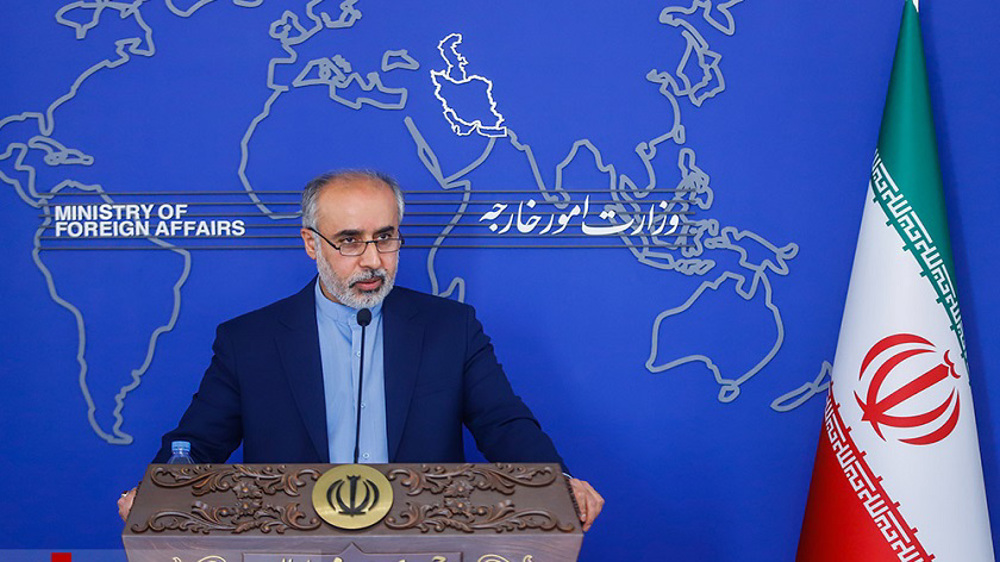
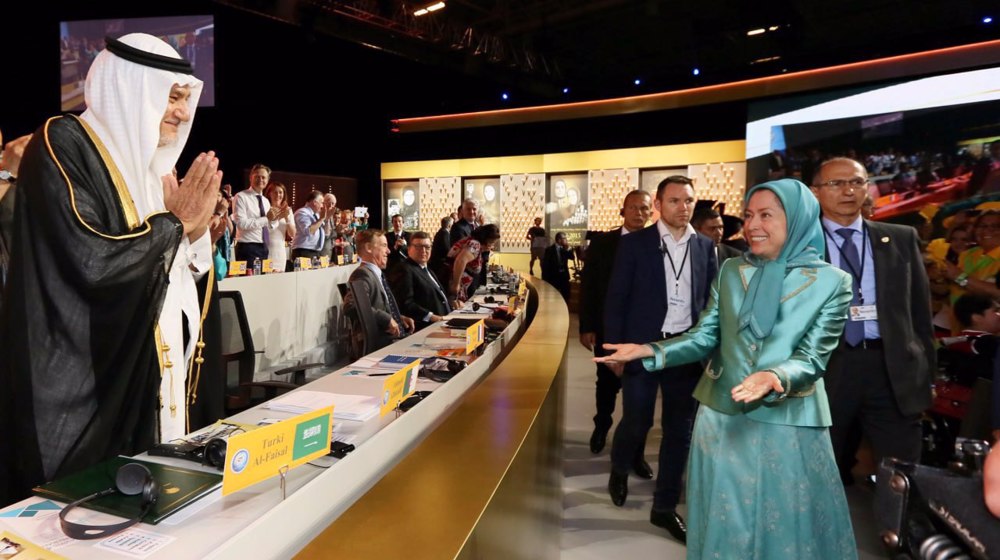
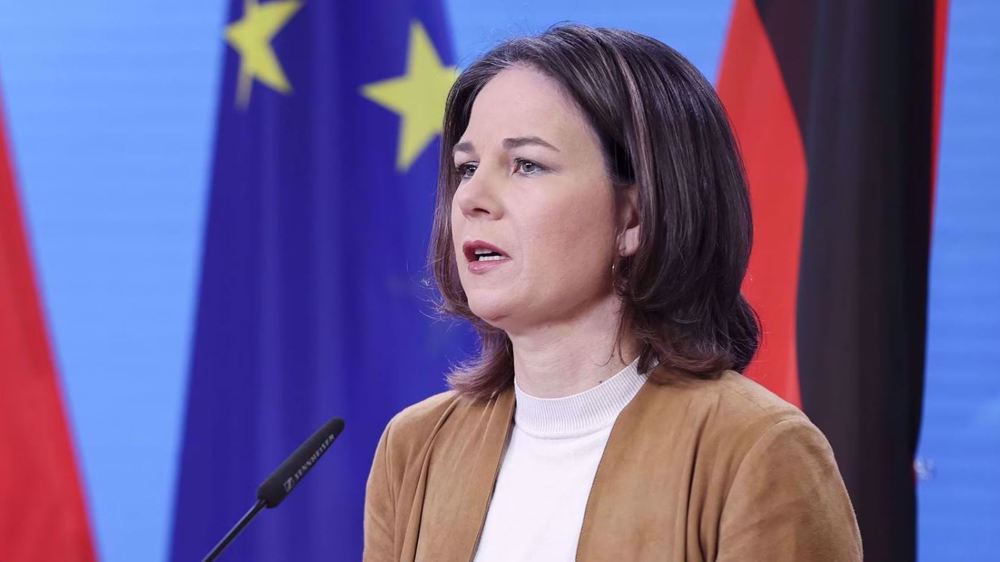

 This makes it easy to access the Press TV website
This makes it easy to access the Press TV website